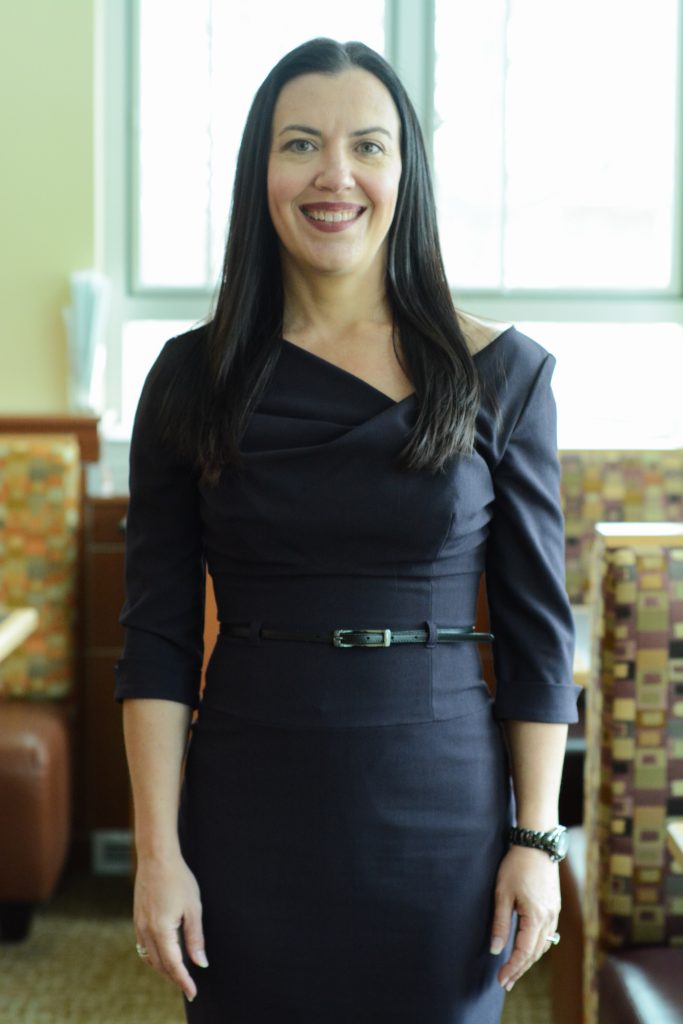
Pipe Dream sat down with Michele Rigby Assad, a former CIA undercover intelligence officer who specialized in counterterrorism and counterintelligence issues. She worked in Iraq and other locations in the Middle East. After almost a decade, Assad left the undercover life and became a public speaker, author, trainer and security consultant on the Middle East, North Africa and Europe. In February 2018, she released a book titled “Breaking Cover: My Secret Life in the CIA and What It Taught Me about What’s Worth Fighting For.” This interview has been edited for length and clarity.
Pipe Dream: Can you tell me a little bit about your talk today?
Michele Assad: It is about bringing intuition into the workplace and intuition as a marketable skill, and that’s based on [the] lesson that I learned in the CIA.
PD: What do you hope people will get from your talk?
MA: I hope people will recognize that intuition is not this weird, magical, mystical, undefinable concept and that it’s actually a product of rich human experience and that if we learn to recognize and hone it, it can mean the difference between mediocrity and wild success in the workplace.
PD: How was your intuition important for your work with the CIA?
MA: It’s certainly not something the CIA trains you in — I had to figure this out on my own at the school of hard knocks. But I realized that when dealing with sources, my intuition was setting off all kinds of red flags. At first, I couldn’t figure out what was bothering me, but instead of ignoring [it], I kind of pushed into it and in one case discovered that my intuition was totally right, that this source had been fabricating intelligence for six to eight months. [He was] completely making it up, and I explained that the reason that that is so dangerous is that I was putting that intelligence out there and our military was actioning it. Every time you roll off a military base, there’s a very real chance that he might not come back again, so we’re risking people’s lives. Then, in another situation, my intuition told me that this guy was possibly a double agent and there was not other supporting information for this, literally just red flags that said, ‘I’m not seeing in this guy the passion of someone who is risking his life to work against a dictatorship.’ That’s all I had. And it turned out years later, even though no one wanted to listen to me, he was a double agent. And so [in] both of those cases, it was my intuition that told me that there was a problem and because I didn’t ignore it, I went with it, I was able to deconstruct and figure out, at least in that one case, how I came to that conclusion.
PD: How do you think intuition is important for people who don’t work for the CIA and live more ordinary lives?
MA: I think it’s really critical any time you are dealing with people or operations because intuition is also a product of emotional intelligence. It’s making sure you’re hiring the right people for the job, that you’re putting them in the right positions because you have the intuition for their capabilities or their skill set or their strengths. It’s going to help you in operations because if you’re going down the wrong road, you’re going to be able to course correct or you’re going to be able to be efficient in the operation decisions you make. Intuition is such a guiding skill set, so it really is based on years of experience that your brain just becomes really good at picking up quickly. So I feel like intuition is one [of] those concepts that we need to start treating like an actual marketable skill.


